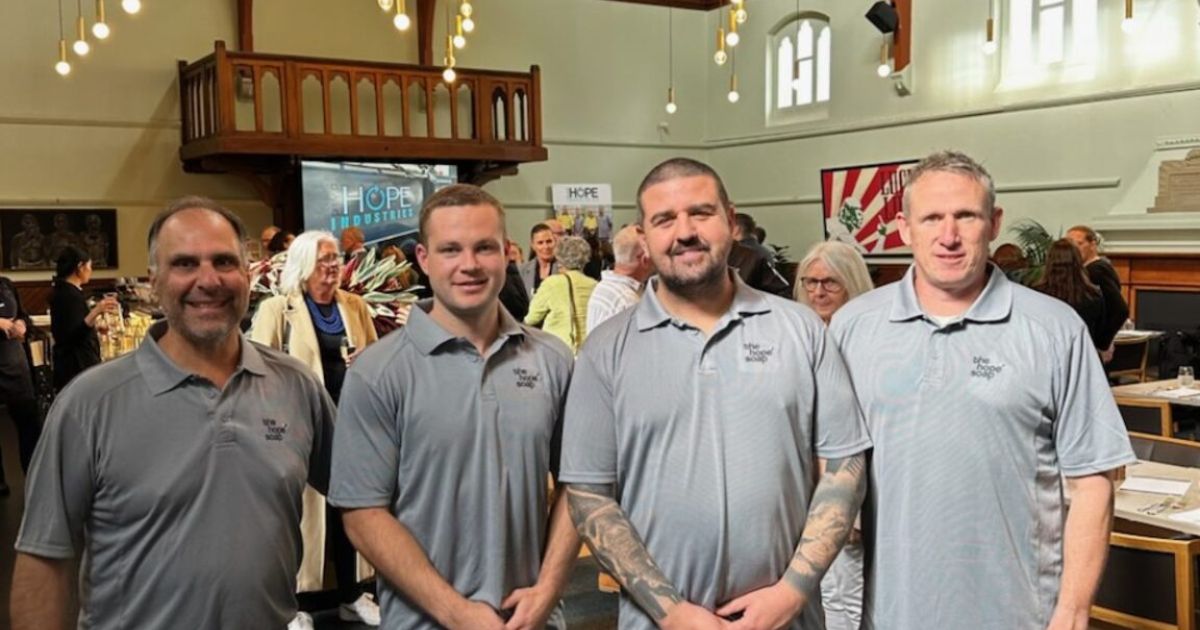Webinar to discuss feeding challenges

To assist farmers with making decisions around alternative feed sources Agriculture Victoria is holding a webinar on May 28 from 12.30pm.
FOR many farmers, the extreme dry has been an unyielding assault on their livelihood while making it very difficult to maintain livestock is good condition.
The cost of suppletory feed has reached prices most farmers have never seen before, and this is before the cold depth of winter is upon us, a time when livestock need added nutrition.
With hay prices already touching $200 per roll in south west and central Victoria and expected to go well beyond that as winter hits, farmers and livestock are owners looking to use alternative feeds.
As this drought continues Agricultural Victoria are urging livestock owners to be aware of the risks and limitations when buying in feed and are hosting a webinar on May 28 from 12:30 pm to help assist them in making the right decision.
The department’s Brett Davidson said that as most by-products were produced as surplus from food-making industries, they can have their challenges when using as feed alternatives for livestock.
“Therefore, you need to consider your animals fibre needs first and build from that base.
“For example, an option such as Palm Kernel Expeller (PKE) is becoming more popular, and while it is high in fibre, the fibre is not functional in the rumen, so you still need hay or straw in the diet, also PKE also needs to be stored dry to use safely.”
Agriculture Victoria also advise that another key consideration is to check by-products are free from Restricted Animal Material.
For example, bakery waste such as bread rolls could be illegal if they have bacon in them or have come into contact with meat products.
Restricted materials also include rendered products, such as blood meals, meat meals, meat and bone meals, fish meals, poultry meal and feather meal, and compounded feeds made from these products.
Mr Davidson warned another concern is thaat chemical residue levels as by-product material such as citrus pulp, fruit pomace, grape marc, vegetable skins, and outer leaves can have concentrated levels of agricultural chemicals which could increase livestock residue levels.
“This may then lead to increased withholding periods for meat and milk, for this reason, producers will need to declare if they have fed by-products on their National Vendor Declaration (NVD) within 60 days of selling livestock,” he said.
“With hay getting dearer more farmers will be looking at alternative feed sources, and it pays to spend time before you purchase to think through the risks, practicalities and considerations on how by-products can fit into to your farming operation.”
Top three tips for producers to think about when purchasing alternate stock feeds:
Never feed restricted animal material
Be aware of chemical residues, and
Ask for and provide the required vendor declarations.
To assist farmers with making decisions around alternative feed sources, Agriculture Victoria is holding a webinar on May 28 from 12.30pm. To register, head to bit.ly/3RPKJlL
For more information about drought and dry seasonal conditions support, head to agriculture.vic.gov.au/dryseasons or phone 136 186.

















